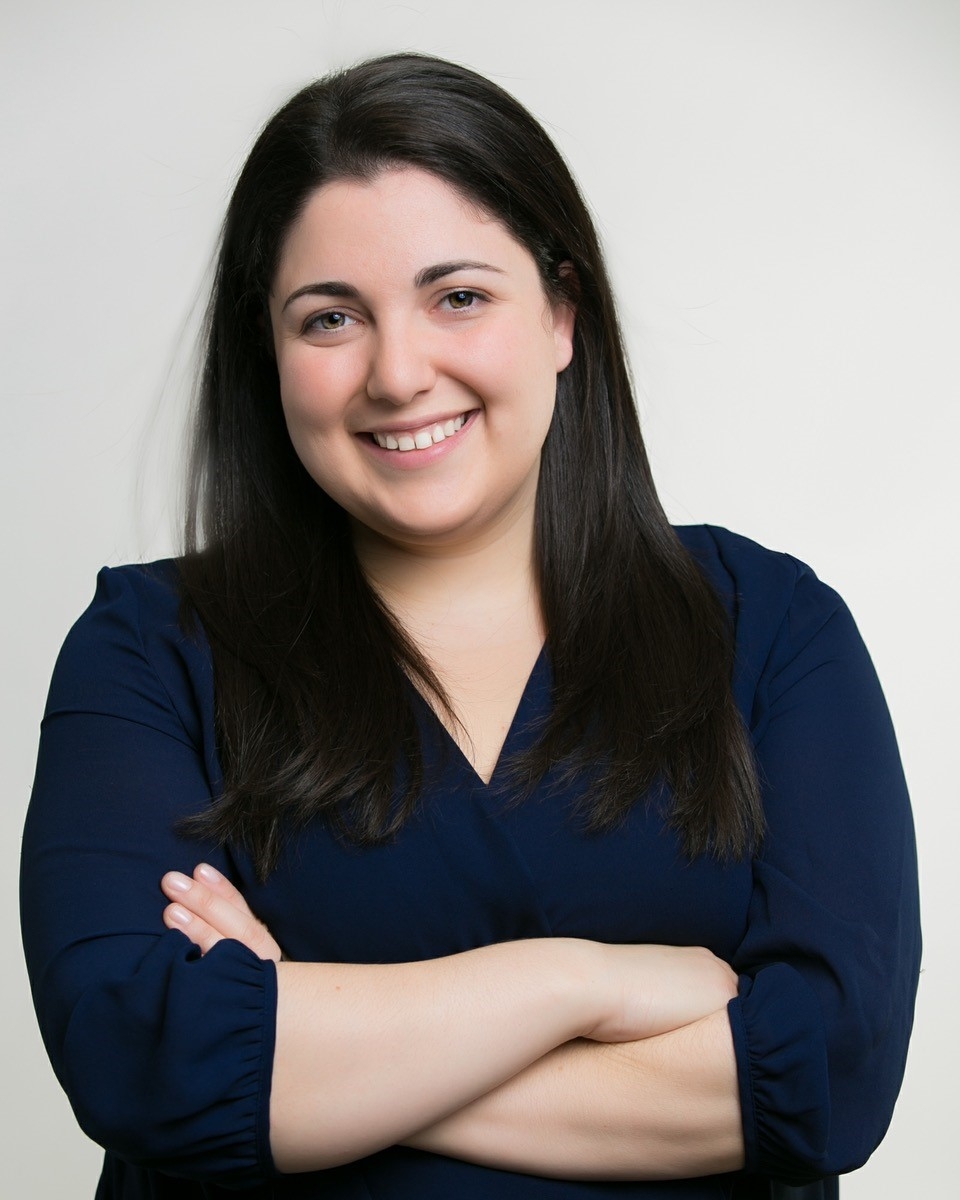[box] Author bio:

Nogah Kornberg is the Associate Director of I-Think. She teaches and mentors teachers and leaders in K-12 education to bring Integrative Thinking into their practice. She collaborated with Sally Osberg and Roger Martin to create the Getting Beyond Better post-secondary course syllabus.You can follow her on Twitter.
[/box]
At the 2017 Skoll World Forum, over 100 participants gathered to discuss the future of social impact education. Hosted by the Skoll Centre for Social Entrepreneurship, Saïd Business School, University of Oxford, the event was inspired by The Future of Social Impact Education in Business Schools and Beyond series in the Stanford Social Innovation Review.
Throughout the event, as panelist and participants shared insights and experiences from their own work, it became clear that there is an underlying conversation happening in social impact education; a conversation about the nature of knowledge and learning. By making this conversation explicit, it might act as a guide for future experimentation in social impact education.
Social impact education is faced with its own wicked problem. It began as a replication of business education, with different content and goals. However, educators in post-secondary and K-12 education are recognizing the limitations of teaching for social impact in the same way business education is taught. In response to its challenges, educators in this field are experimenting. Useful to our journey then is naming the kind of learning experiences social impact education is striving to create. If traditional business education is an education in knowing, social impact education needs to become an education in thinking.
Too often, traditional business education is based on the false belief that there is a knowable reality. It comes to life in classrooms and experiences focused on facts, memorization and sharing back a perceived literal account of the world. Learning from a professor with expertise offers the allure of a better learning experience. The challenge with understanding knowledge in this way is that it can blind us. All new information we learn and experiences we have either neatly fit into our existing model or we disregard it.
While seeing knowledge as static is comforting, it is untrue and dangerous. As such, social impact education needs to be uncomfortable. Teaching for thinking sees our understanding and stance as ever-evolving. We are not stagnant, neither is knowledge. Instead, students need learning experiences that are founded on the idea that we construct meaning and schemas through experiences.
Going down this road would reimagine success in formal education. Success is a student’s ability to test their models, understand their limits and modify their understanding as appropriate. Stealing from the work of Jean Piaget and John Dewy, this is often referred to as constructivist teaching.
Post-secondary professors and those who care about social impact education need to re-imagine how might we leverage the specialization of our professors through a constructivist lens. It’s an integrative challenge. Each professor will come to their own unique way of doing this, as they must. We have already seen problem-framing competitions taking the place of case competitions as a form of deep learning (as discussed by Michael Gordon and Daniela Papi-Thornton) and community members invited into class as co-learners (as a part of Dr. Francois’ adaptive thinking methodology). Social impact education requires this diversity.
When we learn to think and understand that no knowledge is permanent, we learn to see many possibilities. For example, we move from solutions for a community to the power of solutions from a community. The Skoll Foundation and the Skoll World Forum offers us affirmation of what this thinking looks like in action. Taddy Blecher , 2006 Skoll Awardee as CEO of the Community and Individual Development Association, founded the first free university in South Africa on the insight that “A mother teaches her child for free, education should be free.” Oren Yakobovich, 2016 Skoll Awardee, founded Videre thinking that the best way to bring awareness to the masses of forgotten, out-of-reach atrocities is to “…give people the ability to tell their stories”. These mindsets aren’t accidental. They are a result of the learning experiences Blecher and Yakobovich have had.
This conversation isn’t a conversation of terminology. It is a recognition that if the students who leave our institutions are to be partners in solving wicked problems, they need learning experiences designed to showcase how knowledge is contextual and ever-evolving. Our community working to transform social impact education need not all work in the same way. Instead, as our international community of educators and institutions shapes itself, the guiding light of learning rather than knowing gives us room to play while upholding our current best understanding of the nature of learning and knowledge.
Just as ‘physician, heal thyself’ was an age old mantra for the medical profession, ‘teacher, learn thyself’ may well be today’s defining mantra for those dedicated to social impact education.
[box] Trico Charitable Foundation has been involved in the Future of Education for Social Impact group since the Skoll World Forum in 2016 (click here to read our reflections on the 2016 Skoll event). Trico was also pleased to partner with the Skoll Centre of Entrepreneurship and J.W. McConnell Family Foundation on the Global Challenge. Our work on the Future of Education for Social Impact and the Global Challenge are both part of our RECODE initiative. Inspired by, working with, and building off of the J.W. McConnell Family Foundation’s RECODE initiative. Trico’s RECODE work is part of our effort to nurture social entrepreneurship in Canada’s post-secondary institutions. [/box]
